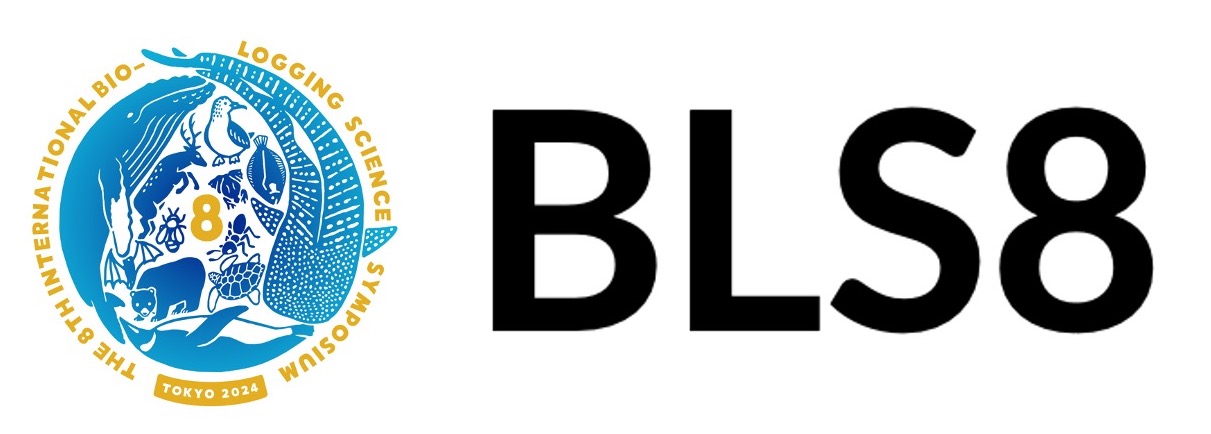We are delighted to announce our keynote speakers
and the titles of their keynotes!!
(In alphabetical order)
From individuals to ecosystems, how can bio-loggers help solve fundamental ecological questions?
Roxanne Beltran
University of California Santa Cruz
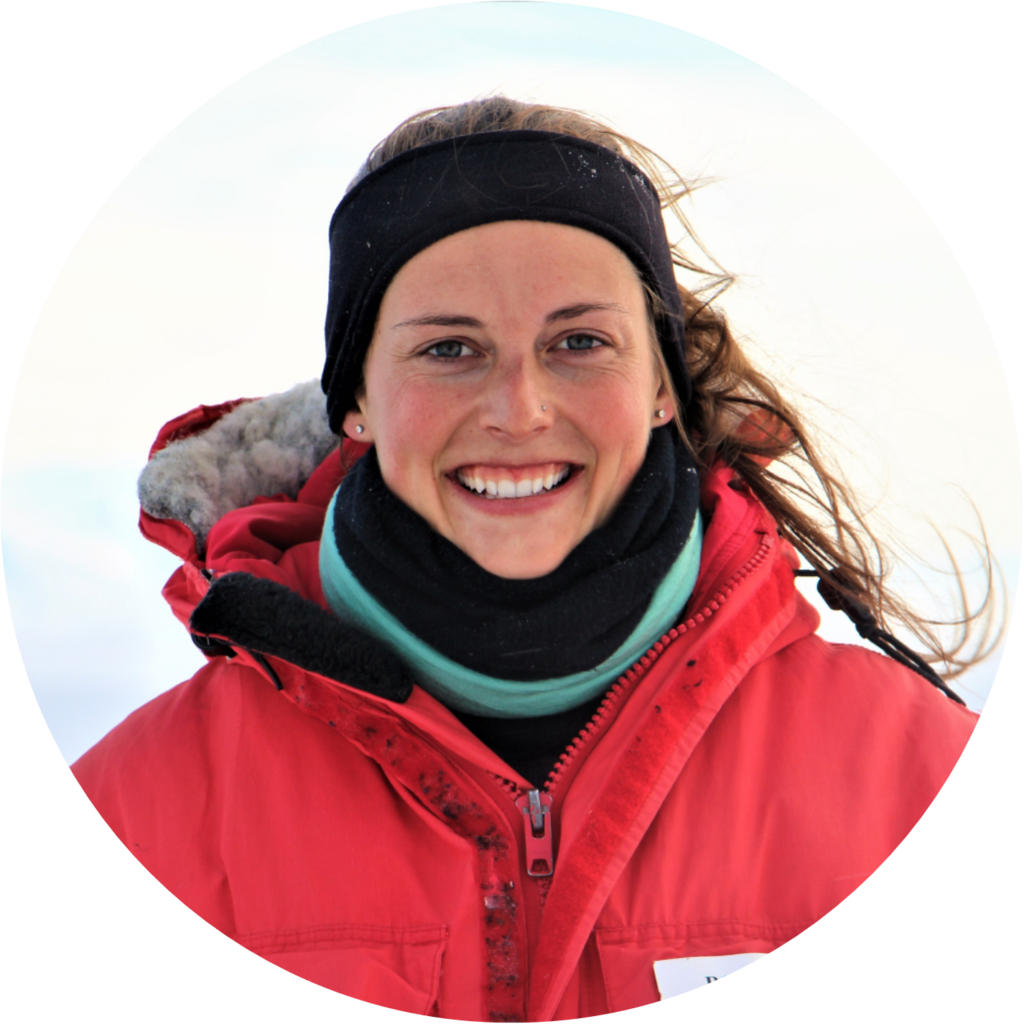
Biography: Roxanne is interested in understanding how animal behavior and physiology underlie the ecological and evolutionary patterns we see in nature. Her research group uses bio-loggers to inform interdisciplinary theory, including navigation cues, predator-prey landscapes, cryptic species distributions, and marine ecosystem resource pulses. Roxanne is a Packard Fellow in Science and Engineering, a Beckman Young Investigator, and author of the children’s book, “A Seal Named Patches”. She is passionate about inclusion of marginalized communities in research, and co-founded the Building a Better Fieldwork Future program which is working to make field settings safer and more equitable for young field scientists.
Biologging for conservation in changing southern African environments
Emily Bennitt
Okavango Research Institute,
University of Botswana
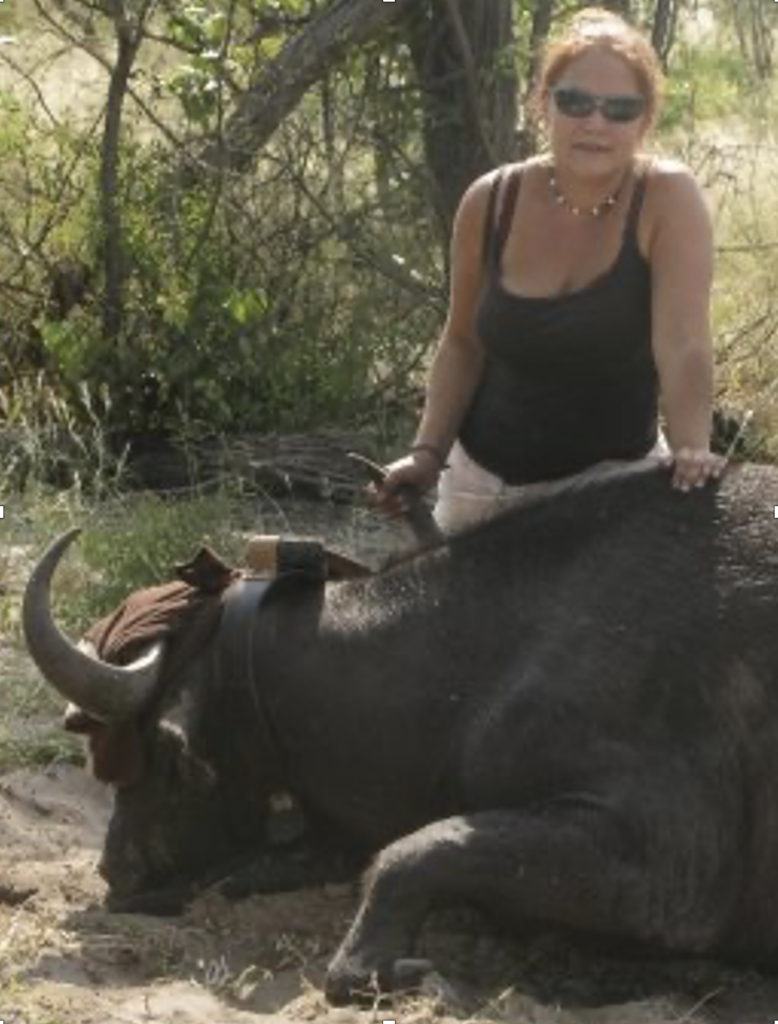
Biography: Emily Bennitt is an Associate Professor at the Okavango Research Institute (Botswana), where she undertakes research on southern African mammals, with a focus on large herbivores. Emily’s work on movement ecology includes the use of biologging with an applied focus, finding solutions to conservation problems in highly dynamic, seasonal ecosystems that are under increasing pressure from climate change and anthropogenic development. Emily is also the coordinator for AfriMove, a database bringing together biologging data from mammals across Africa.
Novel mapping of the flyway corridors of wildfowl in the East Asian Australasian Flyway
Lei Cao
State Key Laboratory of Urban and Regional Ecology & Research Center for Eco-Environmental Sciences (RCEES), Chinese Academy of Sciences
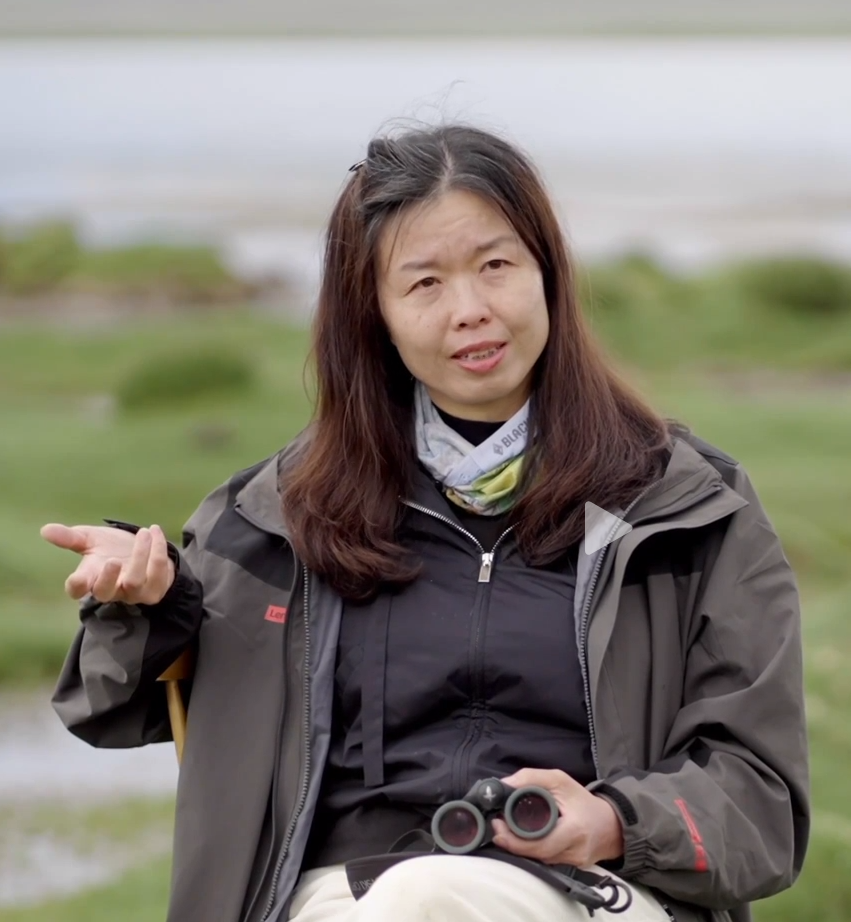
Biography: Lei CAO is Professor at RCEES (Beijing), where she studies large-bodied waterbirds and their wetland habitats throughout East Asia. Lei’s original work on monitoring declining waterbirds wintering in the Yangtze identified the need to understand pressures these birds face throughout their annual cycles for their effective conservation. Her pioneer tracking studies defined migration corridors and identified discreet biogeographical subpopulations, vital to their effective management and conservation. She uses novel biologging technologies to understand the energetic challenges these long-distance migrants face, the critical habitats they depend upon for nutrients/energy and to plug gaps in current site safeguard networks.
Integrative Biology at the Largest Scale
Jeremy Goldbogen
Stanford University
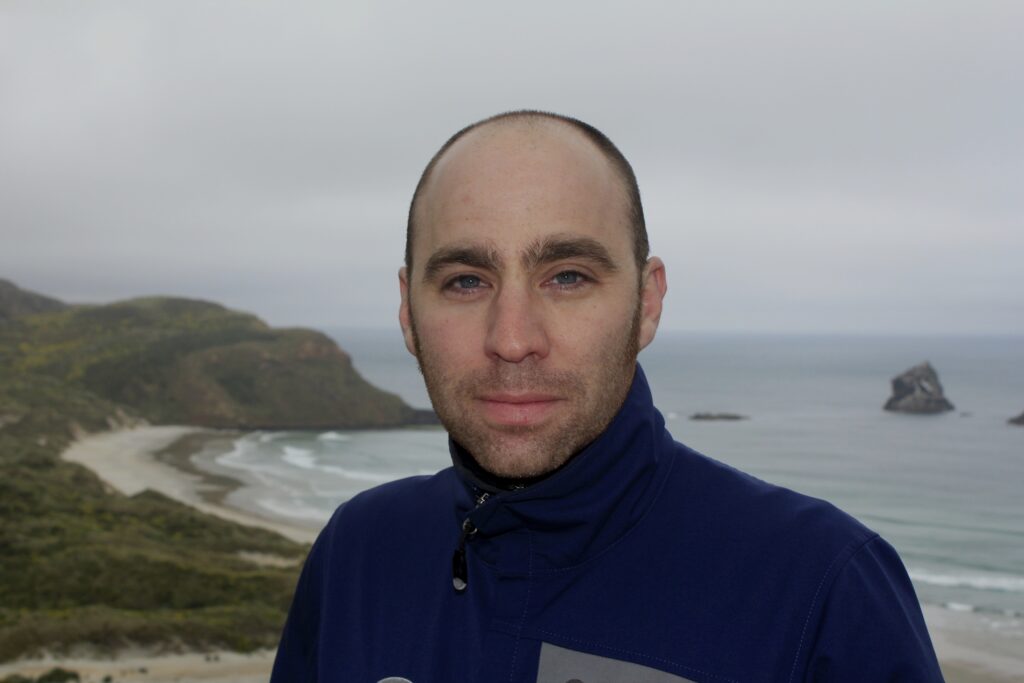
Biography: Jeremy Goldbogen is a comparative physiologist who studies the integrative biology of marine organisms. He started his research career studying the biomechanics of locomotion in hummingbirds and pteropods as an undergraduate student at the University of Texas at Austin. He later earned his Ph.D. from the University of British Columbia in Vancouver. He returned to Scripps as a postdoctoral researcher for one year before joining the Cascadia Research Collective in Olympia, WA for two years. He is now Associate Professor of Oceans at Stanford University, located at the Hopkins Marine Station in Pacific Grove, CA.
Movement strategy of birds in response to wind
Yusuke Goto
Nagoya University
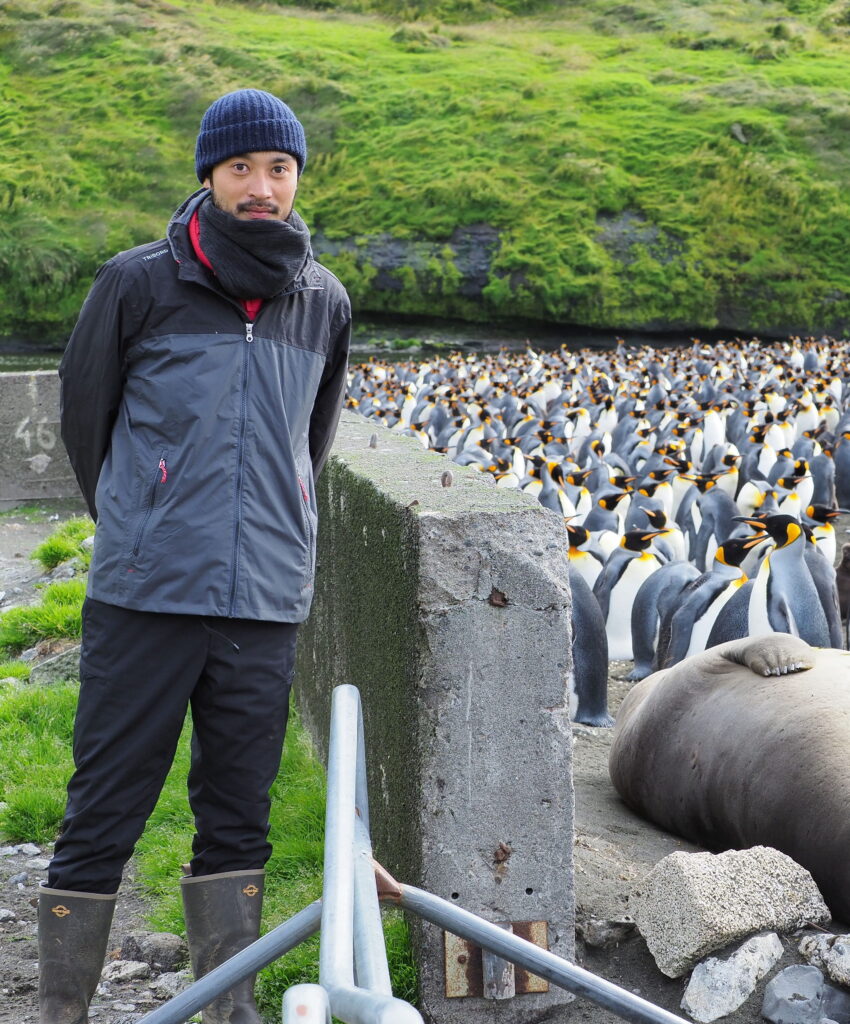
Biography: I conduct research at the intersection of animal behavior and physics, with a particular focus on understanding how birds adjust their flight across various spatiotemporal scales in response to wind. To achieve this, I employ an approach that integrates mathematical models with biologging data. For instance, I have utilized a stochastic process model in my research to estimate wind conditions from bird tracking data, thus unveiling their navigation strategies. Additionally, by employing mechanical models and optimal control theory, I have been able to compare the soaring capabilities of extinct birds and pterosaurs with those of modern birds.
The power of community building and collaboration in bio-logging research
Christian Rutz
University of St Andrews
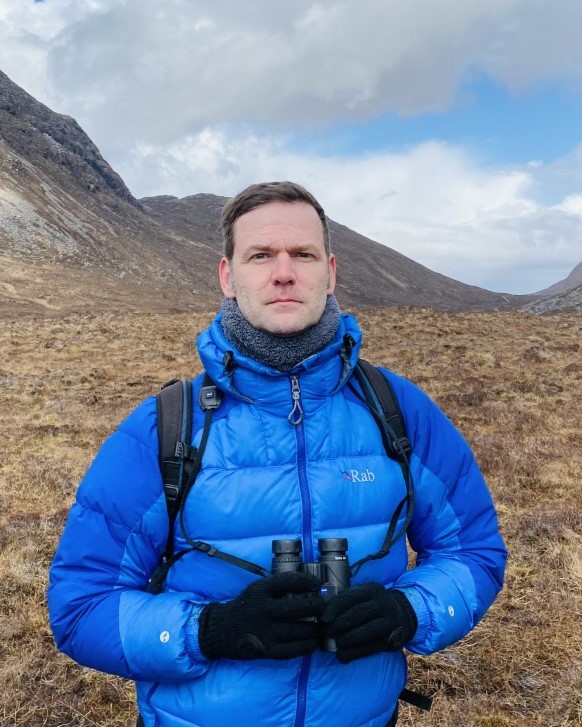
Biography: Christian has broad interests in animal conservation, cutting-edge research methods, and policy making. The challenges of observing tool-using New Caledonian crows prompted him to push the boundaries of terrestrial bio-logging, leading the teams that pioneered the use of video-loggers and proximity-loggers on wild birds. Christian is Founding President of the International Bio-Logging Society, and Chair of the COVID-19 Bio-Logging Initiative – a UN-endorsed global research consortium investigating changes in animal movement patterns during pandemic lockdowns. A Professor at the University of St Andrews, Christian has received numerous honours, including a Rhodes Scholarship at Oxford, a Radcliffe Fellowship at Harvard, and most recently, an Explorers Club 50 Award (‘Fifty people changing the world, the world needs to know about’).
A global perspective on marine megafauna movement
Ana Sequeira
Australian National University
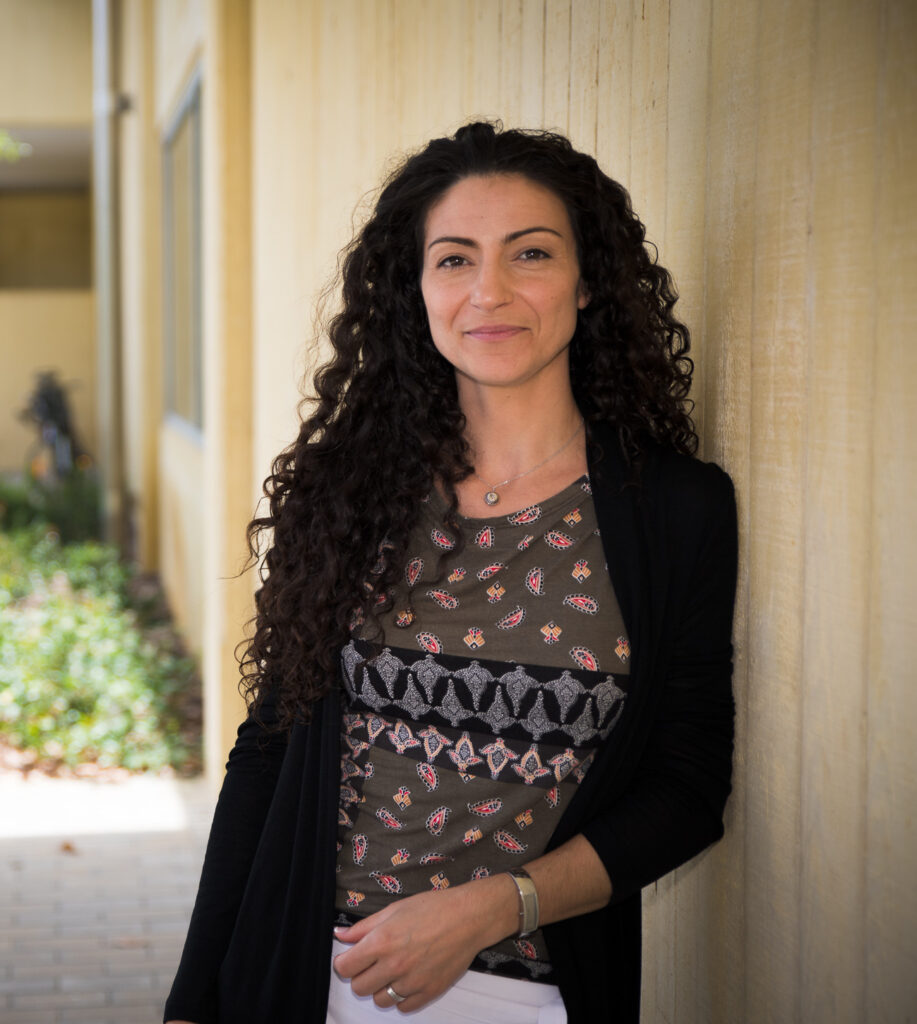
Biography: Ana is a marine ecologist focused on studying animal movement and interested in the development of models and new analytical methods to assist understanding the marine environment, with a strong emphasis in supporting marine spatial planning and conservation. She is leading pioneering research in the Movement Ecology of marine megafauna (large, migratory marine vertebrates such as sharks, whales, seals, polar bears) involving a large network of movement ecologists and is involved in a range of global projects. After securing highly competitive fellowships from Pew Trusts (Pew Fellowship in Marine Conservation) and from the Australian Research Council (ARC DECRA), she has recently been appointed as an Associate Professor at the Australian National University (ANU) in Canberra, Australia.
Where climate change, fisheries and predator behaviour collide: exploring shark responses to deoxygenating environments
David Sims
Marine Biological Association (MBA) Laboratory
& University of Southampton
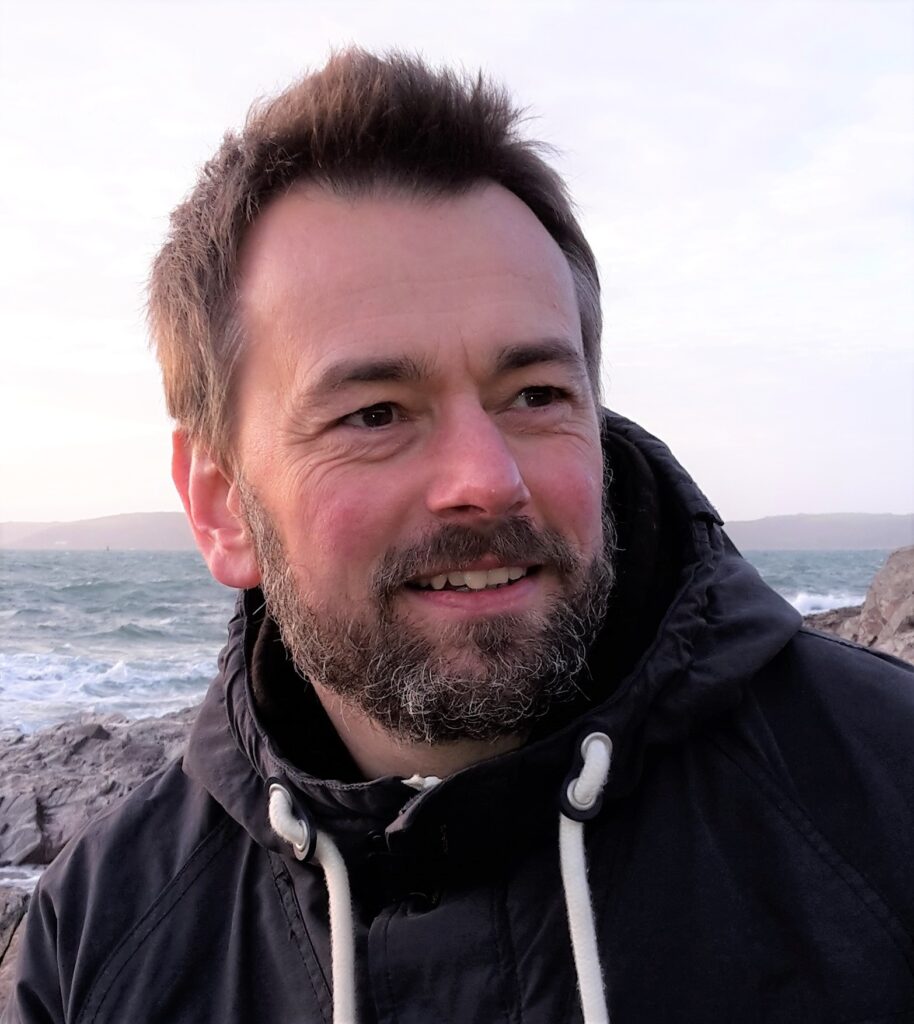
Biography: David is a marine ecologist who studies the behaviour and physiological ecology of sharks with the aim to understand how movements, habitat use and distributions respond to environmental changes. His work explores the consequences of anthropogenic activities on threatened species. Twenty-five years ago he obtained some of the first long-term satellite trackings of sharks and now leads the Global Shark Movement Project involving more than 150 scientists from 26 countries (www.globalsharkmovement.org). David is Senior Research Fellow at the MBA Laboratory in Plymouth, and Professor of Marine Ecology at the University of Southampton’s National Oceanography Centre Southampton (NOCS). He is the recipient of research awards including the ZSL Marsh Award for Marine Conservation (2019) and an ERC Advanced Grant (2020).
From active sensing to foraging decision making - studying bats in the wild
Yossi Yovel
Tel-Aviv University
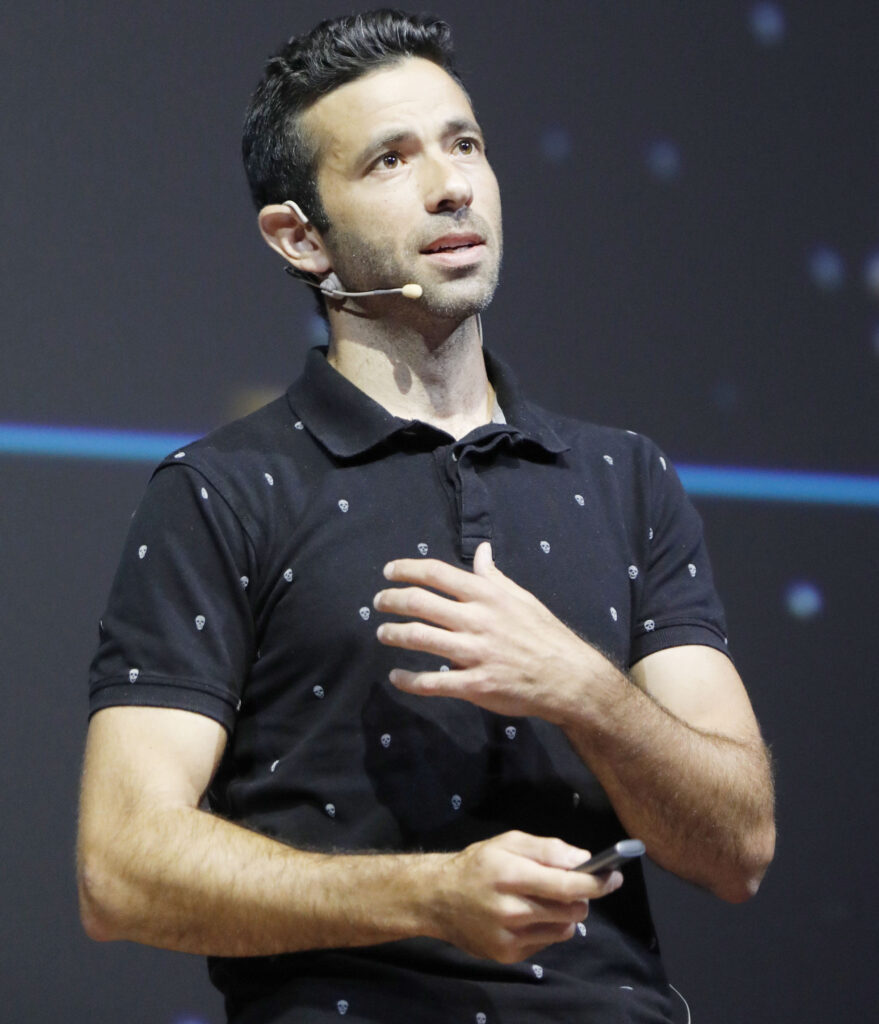
Biography: Yossi Yovel is a professor in the School of Zoology and in the School of Neuroscience in Tel-Aviv University. He received a BSc in Physics and Biology, an MSc in Neuroscience from Tel-Aviv University, and a PhD in Biological cybernetics from The University of Tubingen, Germany where he applied Machine Learning techniques for classification of Bio-sonar echoes. Yovel then completed a post-doctoral fellowship in the Weizmann Institute of Sciences working on bat bio-sonar. Yovel is an expert on bio-logging and develops miniature on-board multi-sensors that can be mounted on bats and record GPS, audio and physiological data.
